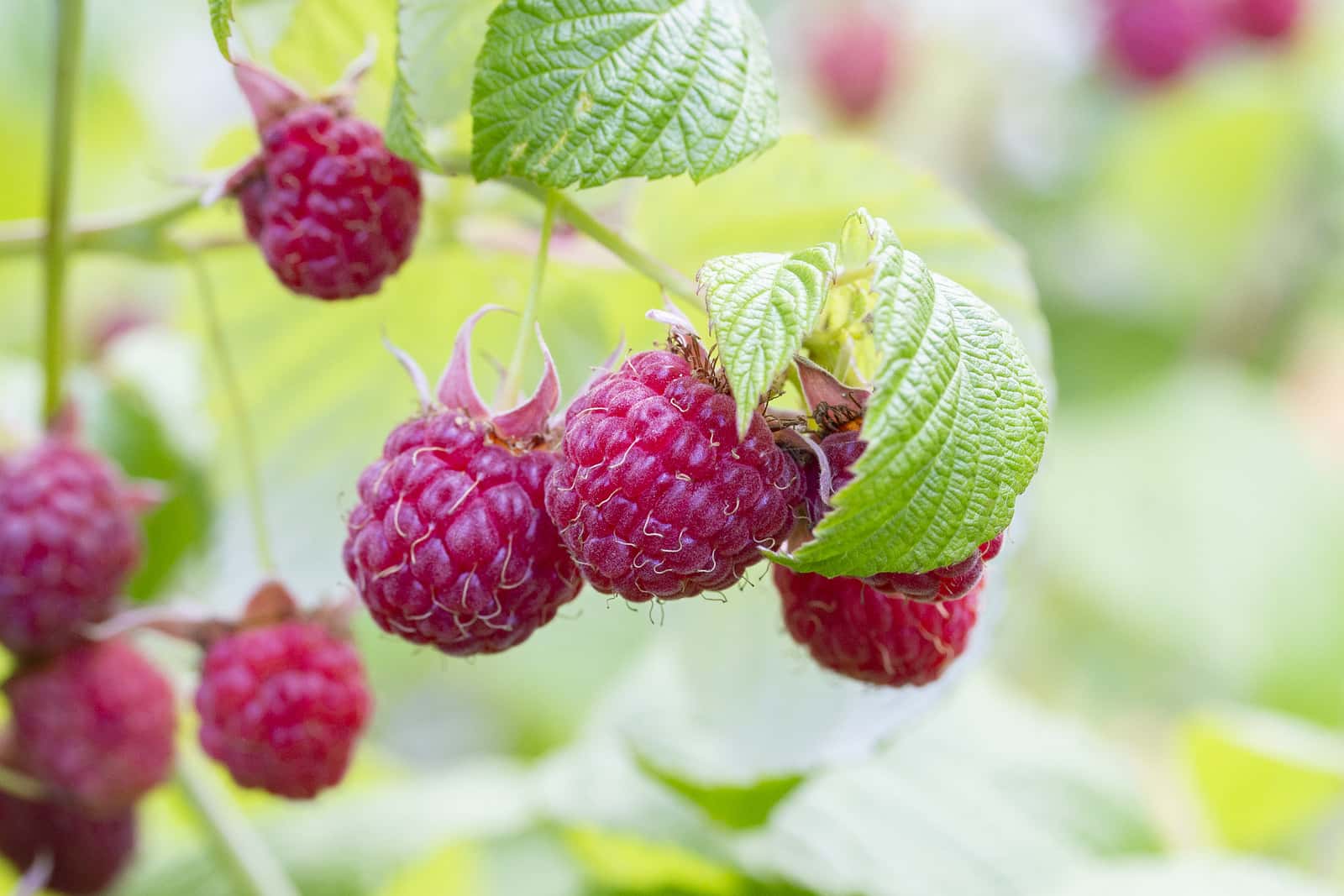
Irritable bowel syndrome is a common digestive disorder, affecting between 25 million and 45 million individuals in the US. For many decades, gastroenterologists labeled this a “functional GI disorder,” meaning they couldn’t find a pathological cause for the constipation and diarrhea people with the condition suffer. However, doctors are paying more attention now that there are several drugs they can prescribe for the diarrhea associated with it (Advances in Therapy, Nov. 9, 2019). People with this problem, however, often prefer to look for non-pharmaceutical ways to manage it.
Managing Constipation and Diarrhea:
Q. Since battling irritable bowel syndrome (IBS) for years, I’ve had to deal with both constipation and diarrhea. For diarrhea, I make tea from raspberry leaves. You can get the leaves at health food stores or online. Don’t mistake this for raspberry-flavored tea, which doesn’t work.
As for constipation, I use the pumpkin bran muffins from your Guide to Digestive Disorders. It takes a few days to get results. I call them “muffins to GO.”
Poop-Pops for Constipation:
Nurse’s pudding works well, too. After mixing applesauce, AllBran and prune juice, I put it in ice cube trays and freeze it. I pop out one or two when I need them. Of course, I call these “Poop-pops.”
Believe me, I’m not making light of the situation. When I have a normal BM, I feel like I’ve won a gold medal. It’s a heck of a way to live, but I hope it helps someone else.
Strategies for Coping With Constipation and Diarrhea:
Q. I suffer from persistent constipation. I have tried numerous laxatives and do not like any I’ve used. Can you recommend a laxative that works well, can be used regularly, and does not leave a residual aftermath that is difficult to clean up?
A. We discourage regular use of strong laxatives. Not only do they sometimes lead to accidents, they can disrupt the balance of fluid and minerals in the body.
Finding the cause of persistent constipation could be helpful. Many medications can contribute to this problem, as can certain conditions such as hypothyroidism or Parkinson’s disease.
There are numerous natural approaches for managing constipation, from increased fiber intake and “hot lemonade” to sugarless gum or flax seed.
You may find our eGuide to Overcoming Digestive Disorders helpful. This online resource may be found under the Health eGuides tab. It lists medications that can cause constipation and offers 10 tips to combat constipation.
Another reader offers this caution about Power Pudding:
A. Thank you for sharing your strategies for coping with IBS. Struggling to control both constipation and diarrhea can be very trying. Anyone who uses the Power Pudding recipe (nurse’s pudding) should be sure to drink plenty of water at the same time to prevent intestinal blockage. The usual dose is one to two tablespoons a day.
Raspberry leaves have traditionally been used to treat diarrhea (Current Medicinal Chemistry, June 2004). We don’t think this remedy has been tested scientifically, but we are glad it works for you.
Eating With IBS:
As we mentioned above, IBS used to be considered a disorder without any apparent pathology. However, that has now changed, as researchers have discovered small intestine bacterial overgrowth (SIBO), dysbiosis (an imbalance of gut bacteria) or disruption of the gut-brain connection are associated with the condition (Annals of Gastroenterology, Nov-Dec. 2019). Most people with IBS have either diarrhea or constipation as the predominant symptom, but many others, like you, must cope with both constipation and diarrhea. Sometimes people find it helpful to avoid certain foods, such as those containing fructose or gluten. Sufferers may find a low-FODMAP diet is helpful.
CJ reported:
“I started a low FODMAP diet at my gastroenterologist’s recommendation almost a year ago. Not only did my tummy problems clear up (well, 80% or so), but also my joint pain went away! After a decade of joint pain, this was AMAZING. So, it is worth the inconvenience for me. When I slip, my joints react first–and I go right back on the diet.”
Unfortunately, not everyone gets such excellent results.
Lucy found that the diet was distressing:
“I have had IBS-D for ten years… daily up to seven times if I don’t take Imodium. I am 72 and hardly go out. I tried the FODMAP diet over a year ago for two weeks and the problem was worse than ever…explosive diarrhea. I was so disappointed.”
Lisa offered a few words of caution:
“Speaking from experience (I successfully tried the diet with the book and a nutritionist, but it didn’t relive my IBS)
Please be aware that the FODMAP diet is intense and not a fad. If you’re suffering, it’s worth a try. However, because it is extremely restrictive and complex, it absolutely must be done under the supervision of a nutritionist, no exceptions. Also, it requires such care that one should really work with the actual book or a nutritionist who has it because following online guidelines will not be comprehensive enough. It must be followed with utmost attention to detail.”
We hope our eGuide to Overcoming Digestive Disorders will be helpful. You will find it under the Health eGuides tab. Many of the medications that cause constipation are listed. In addition, it offers 10 tips to combat constipation.
If you have some other suggestions for either constipation or diarrhea, please share them in the comment section below.
Citations
- Brenner DM & Sayuk GS, "Current US Food and Drug Administration-approved pharmacologic therapies for the treatment of irritable bowel syndrome with diarrhea." Advances in Therapy, Nov. 9, 2019. DOI: 10.1007/s12325-019-01116-z
- Patel AV et al, "Therapeutic constituents and actions of Rubus species." Current Medicinal Chemistry, June 2004. DOI: 10.2174/0929867043365143
- Hadjivasilis A et al, "New insights into irritable bowel syndrome: from pathophysiology to treatment." Annals of Gastroenterology, Nov-Dec. 2019. DOI: 10.20524/aog.2019.0428

